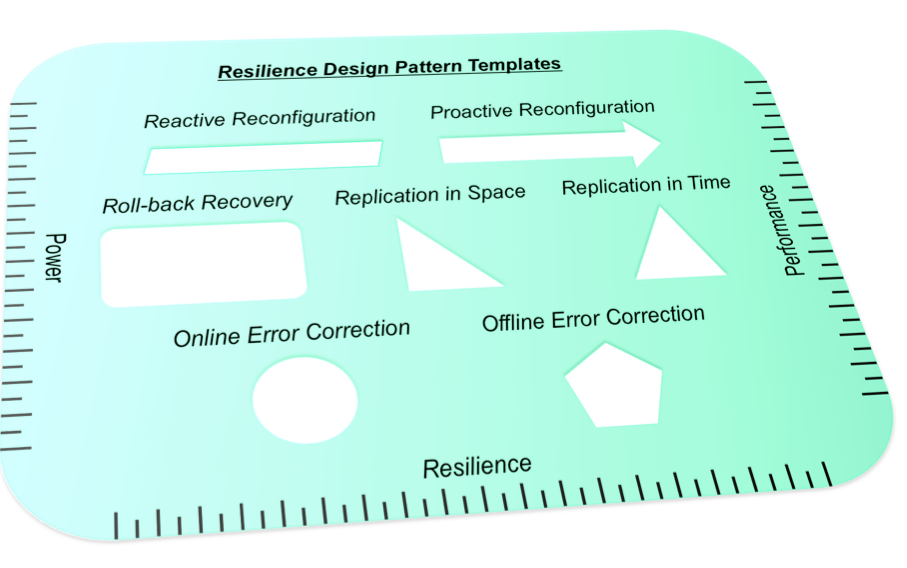Although the utility of FLOPS-driven benchmarks can make for interesting debate, the fact remains that major supercomputing milestones, like 1,000X performance advances, are integral to scientific discovery and also serve to drive interest and investment in the HPC ecosystem at large. The boon of accelerators helped propel HPC past the petascale marker in 2008, but fielding an exaflops-class machine has been a little trickier.
While a diminished Moore’s law is partly to blame, the role of targeted investment cannot be overstated. To that end, recent funding from the Department of Energy (DOE) Early Career Research Program (which uses monetary awards to stimulate research careers in the disciplines supported by the DOE Office of Science) has been made available for projects that deal with two of the biggest exascale challenges: power and resiliency.
An article from ASCR Discovery describes the efforts of two 2015 awardees who are chipping away at these exascale obstacles. Hank Hoffmann, assistant professor of computer science at the University of Chicago, received an award for his work on “CALORIE: A Constraint Language and Optimizing Runtime for Exascale Power Management.” The aim of the project is to have the system intelligently distribute power to optimize application performance.
The approach is an implementation of self-aware computing. “A computer runs on a model, and self-aware computing lets it manipulate that model. It can change its behavior as it is running,” Hoffman explains.
The second problem, resilience, is related to the power challenge in that the lower voltage components that favor energy-efficiency are less reliable. Smaller components tend to draw less power and give off less heat but the miniaturization process can introduce defects that jeopardize system health. The complexity of exascale software further exacerbates reliability.
The result is a significant uptick in hardware and software faults, according to Christian Engelmann, system software team task lead in the computer science research group at Oak Ridge National Laboratory.
 Engelmann received the 2015 DOE Early Career Award for research in resilience design patterns for extreme scale HPC. The project seeks to increase the ability of scientific applications to reach accurate solutions in a timely and efficient manner. The idea is to match repeatedly occurring resilience problems with flexible fault management across hardware and software.
Engelmann received the 2015 DOE Early Career Award for research in resilience design patterns for extreme scale HPC. The project seeks to increase the ability of scientific applications to reach accurate solutions in a timely and efficient manner. The idea is to match repeatedly occurring resilience problems with flexible fault management across hardware and software.
Once these patterns are identified, the researchers will create reusable programming templates that facilitate resilience portability across different HPC system architectures.
Engelmann says he was inspired by object-oriented software, a concept developed in the 1990s, which was then applied to parallel computing.
The awardees recognize the difficulty of their endeavors, which are a divergence from the status quo, but say the risk is worth it.
“We are going to build computer systems that are so complicated that very few people can optimize them,” notes Hoffman, “so we need to make the machines intelligent to handle some of this, or we’ll have machines that are not useful.”
The Department of Energy’s (DOE’s) Early Career Research Program, now in its sixth year, supports the development of individual research programs of outstanding scientists early in their careers. For the 2015 program, the DOE selected 50 researchers from across the nation out of a pool of 620 submissions. Awards typically run for five years and range from $150,000 per year for university researchers (to cover summer salary and research expenses) to $500,000 per year for DOE researchers (to cover year-round salary plus research expenses).




























































